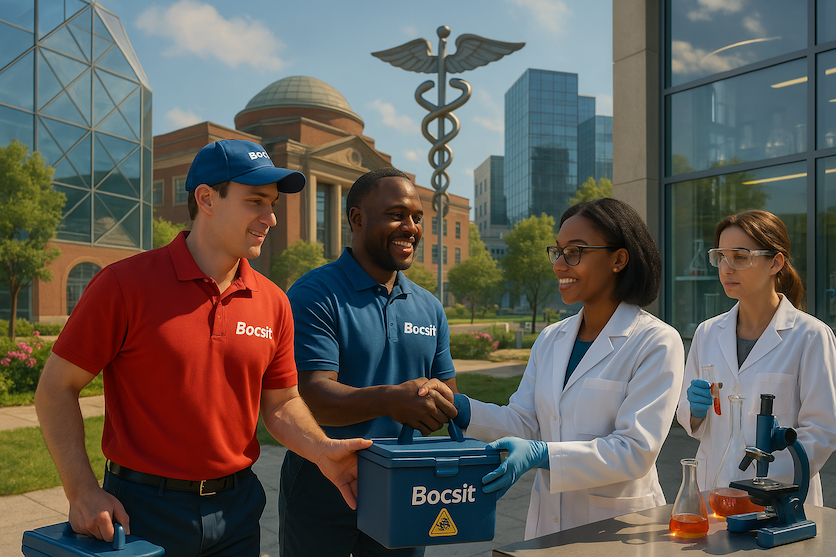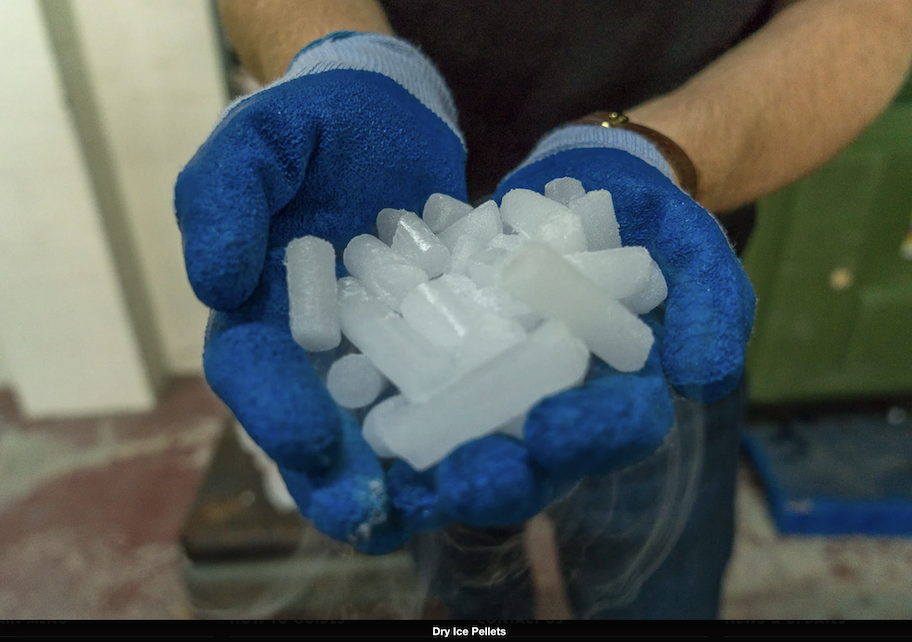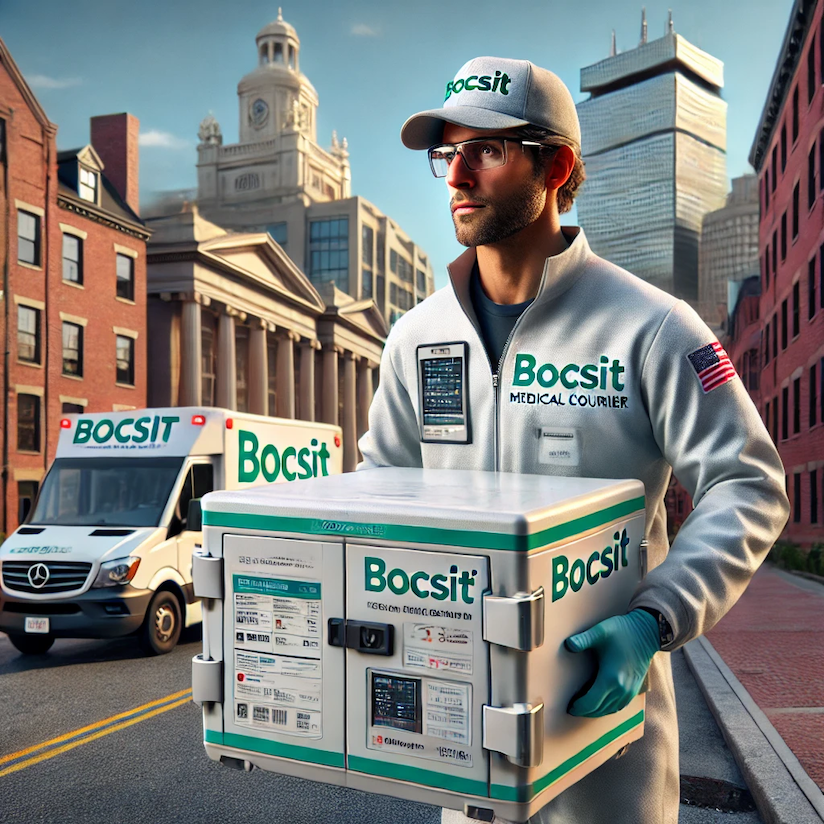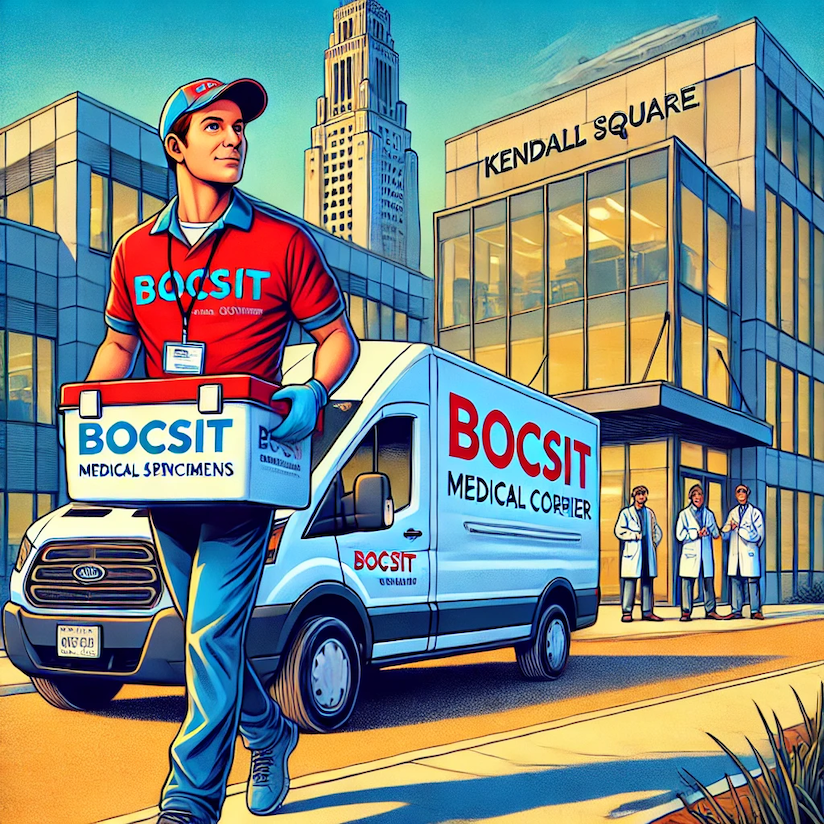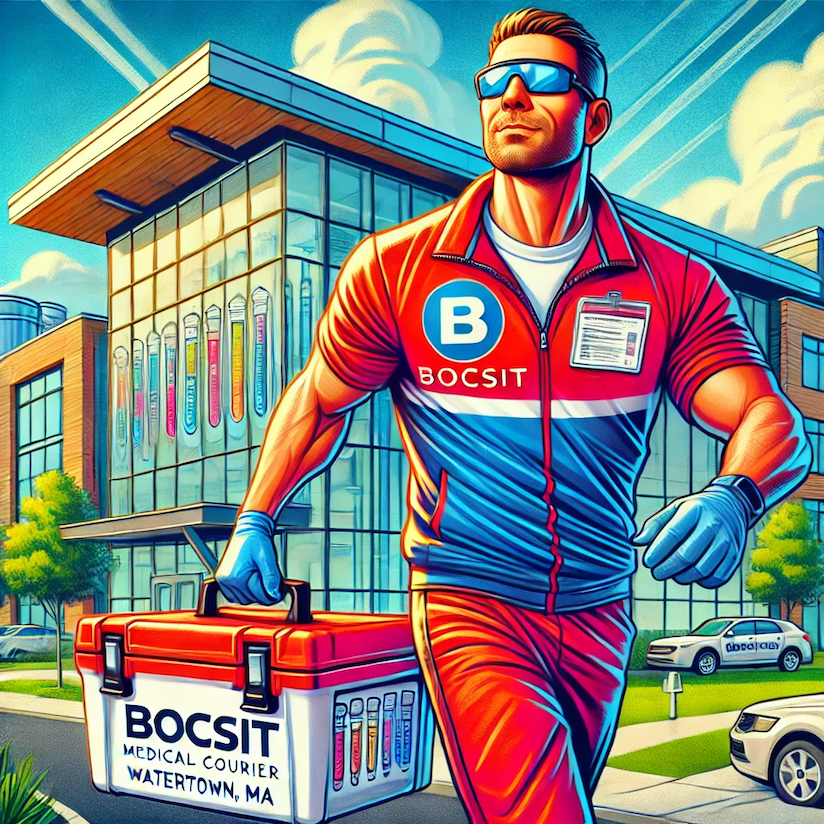Emergency Medical Deliveries: A Critical Aspect of Courier Services

In the realm of healthcare logistics, emergency medical deliveries stand out as a pivotal service, bridging the gap between life-saving treatments and patients in need. This aspect of courier services is not just about transporting goods; it's a high-stakes operation that demands precision, speed, and unwavering reliability. This blog post delves into the significance of emergency medical deliveries, the challenges involved, and the measures courier services implement to ensure these critical missions are successfully accomplished.
The Vital Role of Emergency Medical Deliveries
Emergency medical deliveries encompass a wide range of items, including but not limited to, organs for transplant, blood samples, pharmaceuticals, medical supplies, and equipment. The common denominator among these items is their urgent nature and the potential life-saving impact they hold. Timely delivery can mean the difference between life and death, making the role of couriers in this process indispensable.
Challenges in Emergency Medical Deliveries
- Time Sensitivity: The most glaring challenge is the inherent time sensitivity of these deliveries. Organs for transplant, for instance, have a very limited viable window outside the human body. Delays, therefore, are not just setbacks; they can result in the loss of life.
- Handling and Transportation Requirements: Many items require specialized handling and transportation conditions, such as temperature control for blood samples or secure packaging for hazardous substances. Ensuring these conditions are met throughout transit requires meticulous planning and equipment.
- Navigational Hurdles: Traffic congestion, remote delivery locations, and adverse weather conditions add layers of complexity to emergency medical deliveries. Couriers must navigate these obstacles swiftly and efficiently to ensure timely delivery.
Ensuring Success in Emergency Medical Deliveries
- Advanced Technology: Utilizing cutting-edge technology is crucial for emergency medical deliveries. GPS tracking, route optimization software, and temperature monitoring devices are just a few examples of the tools employed to enhance the efficiency and reliability of these deliveries.
- Expert Training: Couriers handling emergency medical deliveries undergo specialized training. This includes understanding the handling and transportation requirements of sensitive medical items, as well as emergency response training to deal with unforeseen circumstances.
- Strategic Planning: Effective emergency medical deliveries require more than just fast transportation; they demand strategic planning. This includes pre-determined routes, backup plans for potential disruptions, and coordination with healthcare facilities to ensure a seamless handoff of medical items.
- 24/7 Availability: Emergency medical deliveries do not adhere to a 9-to-5 schedule. As such, courier services operating in this domain offer 24/7 availability, ensuring they are ready to respond to urgent requests at any hour.
The Human Element
At the heart of emergency medical deliveries is the human element. Couriers are not merely transporting items; they are part of a larger mission to save lives and alleviate suffering. This sense of purpose drives the commitment and dedication of couriers, who often go above and beyond to ensure the successful delivery of medical items.
Emergency medical deliveries are a critical aspect of courier services, requiring a blend of speed, precision, and care unmatched in most other delivery services. The challenges inherent in these operations are significant, but with the aid of advanced technology, expert training, and strategic planning, courier services are able to meet these demands. Ultimately, the success of emergency medical deliveries hinges on the ability to navigate complex logistics with unwavering reliability, underscoring the essential role of couriers in the healthcare system. As the need for swift and secure medical logistics continues to grow, the industry's commitment to excellence in emergency medical deliveries remains a beacon of hope for countless individuals relying on timely medical care.


